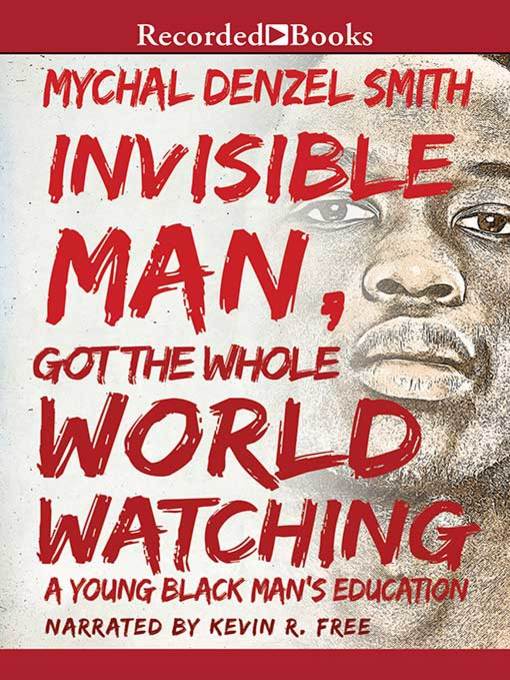- Legendary Reads
- New eBook additions
- Available now
- Most popular
- 2024 Texas Topaz List
- New kids additions
- New teen additions
- See all
- Lounge and Listen
- Audiobooks for the Whole Family
- Available now
- Most popular
- New audiobook additions
- New kids additions
- New teen additions
- Nonfiction on Audio
- Parenting
- See all
- Popular Magazines
- Just Added
- Cooking & Food
- Fashion
- Health & Fitness
- Home & Garden
- News & Politics
- See all

